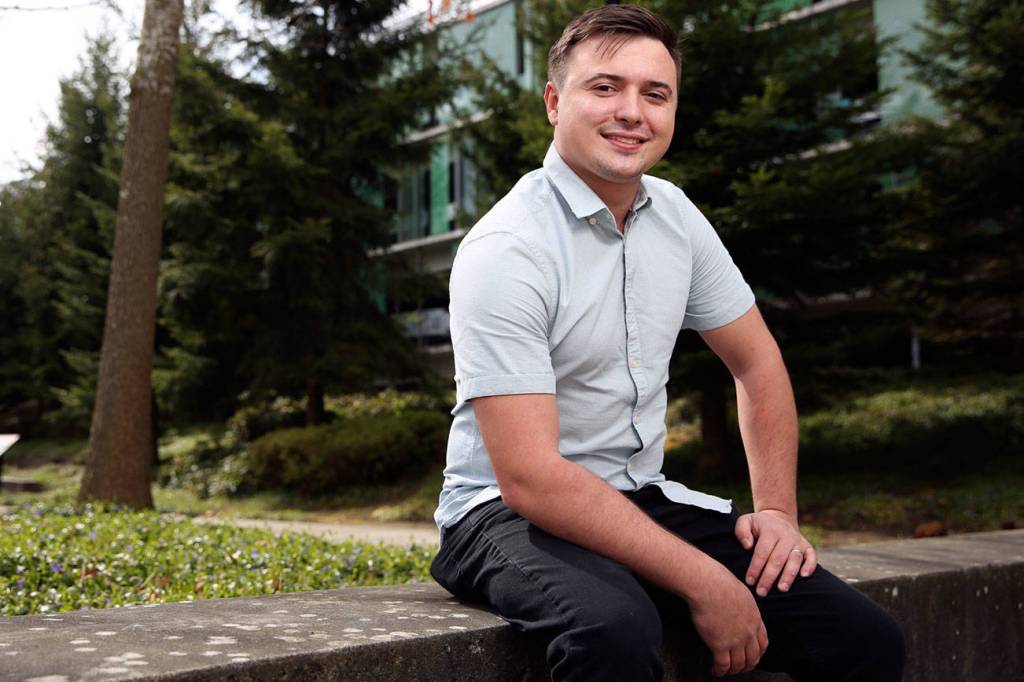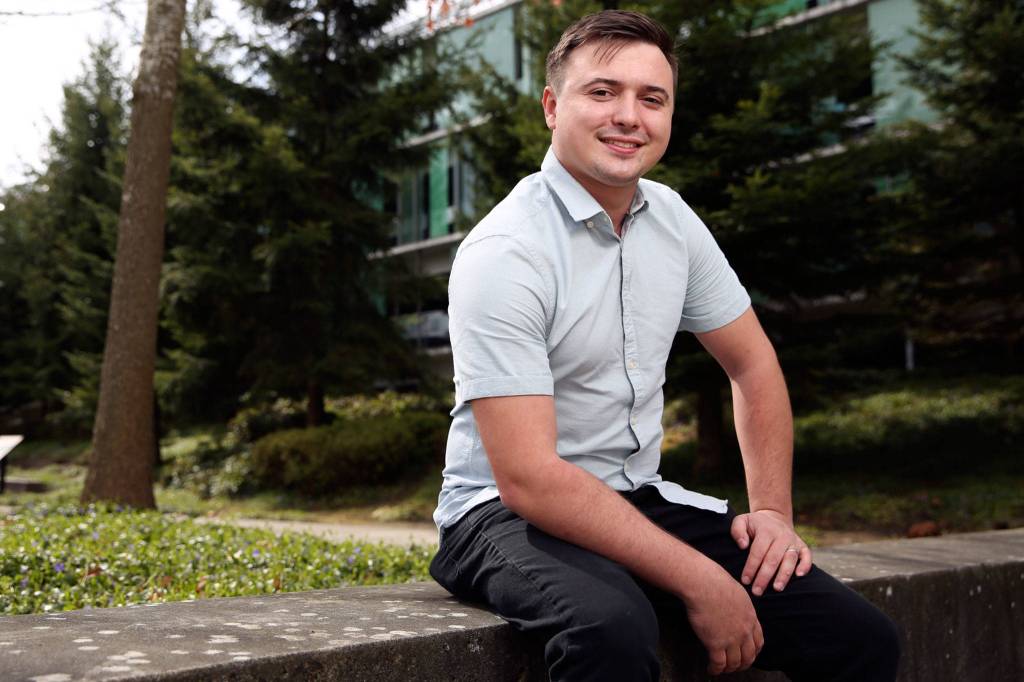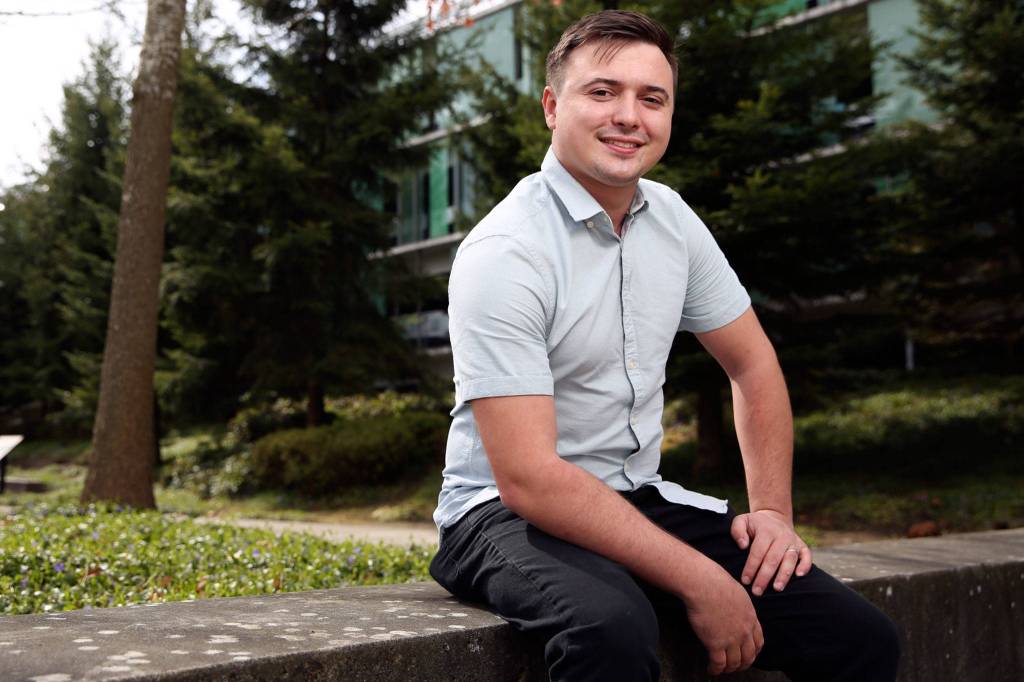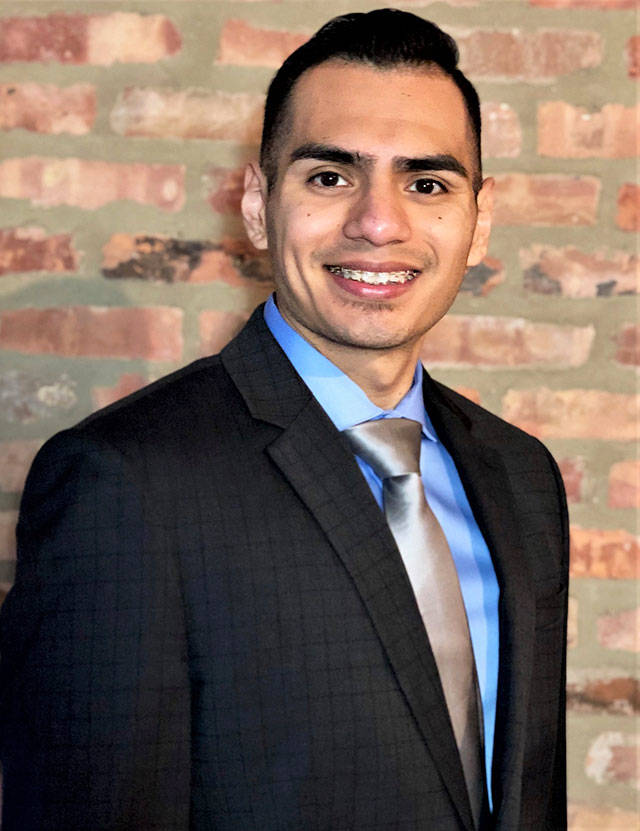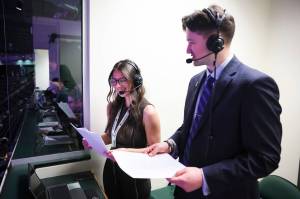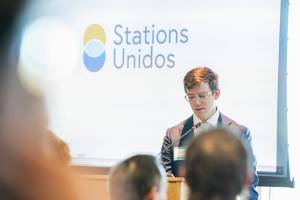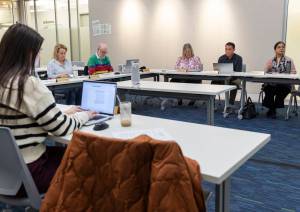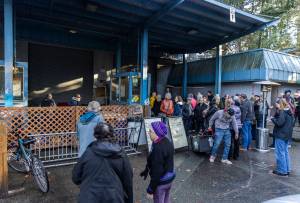New medical residents in Everett are ‘from all walks of life’
Published 1:30 am Sunday, April 4, 2021




Timothy Beuca’s parents and grandparents emigrated from Romania. He’s worked in construction and as a house painter. Edwin Llamas grew up in Yakima. His mother’s formal education ended after third grade. Both will soon be medical school graduates.
And as new doctors, they’ll join the inaugural group in Washington State University’s new Internal Medicine Residency Program-Everett.
On March 19 — known as “Match Day” for fourth-year med students and residency programs nationwide — Beuca and Llamas were among 16 people picked to be part of the WSU program, based at Providence Regional Medical Center Everett.
“The first class will be instrumental in developing the program,” said Dr. Matthew Hansen, director of the new residency at Providence. A hospitalist at Providence, Hansen worked with WSU for several years to help establish the residency here.
Its goal is to bring “primary care to the communities of Washington,” said Hansen, with an emphasis on serving patients in rural areas.
Both Beuca and Llamas grew up in this state and were undergraduates at the University of Washington. They hope their medical careers keep them close to home.
“The match process is complicated,” said 26-year-old Beuca, of Redmond, who’ll graduate May 21 from Western University of Health Sciences in Lebanon, Oregon. “I applied all over the country. You rank them, they rank you, then hope where you want to go picks you. My whole family is from Washington. I liked that it was WSU, my home state.”
Llamas will graduate June 4 from Chicago Medical School-Rosalind Franklin University of Medicine and Science.
“The fact that I was raised in Yakima, I want to give back to where I grew up,” said Llamas, 29. His interest in medicine began with an aptitude test as a high school freshman, and an assignment to research a chosen field.
Through job shadowing and volunteering, “I fell in love with becoming a physician,” Llamas said. It was a lofty goal. As a child, his schooling began as an English as a second language student, and his mom was working in agriculture.
More than 1,900 applicants sought one of the WSU residency’s 16 coveted slots, Hansen said. Twelve are labeled “categorical,” and will stay three years; four others will leave the program for specialization after a year. With a holistic recruitment process, Hansen said the result is a group that’s “balanced, diverse and aligned with our mission.”
“They come from all walks of life,” Hansen said. The new residents include traditional and nontraditional students, people with advanced degrees in other fields, and those with prior careers in research, construction and the military. Three are international students requiring J-1 visitor visas, Hansen said.
Perhaps surprising is that none chosen for the new residency will be graduates of WSU’s Elson S. Floyd College of Medicine in Spokane, where commencement for the very first class is scheduled for May 6.
Hansen would have been “overjoyed to have WSU graduates match into the program,” but said their four years in a brand new medical school may have made it “a big ask” to be part of an all-new residency. “They were highly sought after,” he said of the WSU medical grads, some of whom he’d worked with. “I’m excited to see their careers progress.”
Hansen is also excited to welcome residents who’ll start at Providence in Everett on July 5, after an orientation in June.
For Beuca, medical careers run in the family, although he also worked in construction with a family business.
“I come from a big family. My grandparents and parents on both sides came from Romania in the late 1970s and ’80s,” he said.
His grandmother, before she even learned English, did janitorial work at Evergreen hospital in Kirkland. “She took CNA (certified nursing assistant) classes and became a surgical tech,” he said. “She had nine children, eight in the field of medicine.”
Beuca attended an osteopathic medical school. He’ll have DO, rather than MD, after his name. According to the American Osteopathic Association, doctors of osteopathic medicine are fully licensed physicians emphasizing a whole-person approach to treatment, using training in the musculoskeletal system. It’s a growing field. Beuca said “it’s estimated 25% of physicians are going to be DOs.”
Along with becoming a doctor, Beuca will soon be a parent. He and his wife, Naomi, are expecting a baby boy in May.
“My grandma, she made big sacrifices to come here,” he said. In the early 1980s, after leaving Romania and before coming to Washington, “she gave birth on the side of the road in California’s Lucerne Valley, in the Mojave Desert.”
Hansen said the medical residents will be sent to rural settings around Western Washington during their second and third years in the program. “The first year, they’ll be only in Everett,,” he said, “getting their feet under them, learning and working with MercyWatch,” a faith-based nonprofit serving through street medicine.
“Health care is concentrated in areas of dense population,” Hansen said. “We want to change that narrative. Folks living out in rural areas deserve that.”
Beuca thinks of his grandmother’s experience in the desert, and how the residency will boost access to doctors.
“I’m just grateful to live out her legacy,” he said.
Julie Muhlstein: jmuhlstein@heraldnet.com

